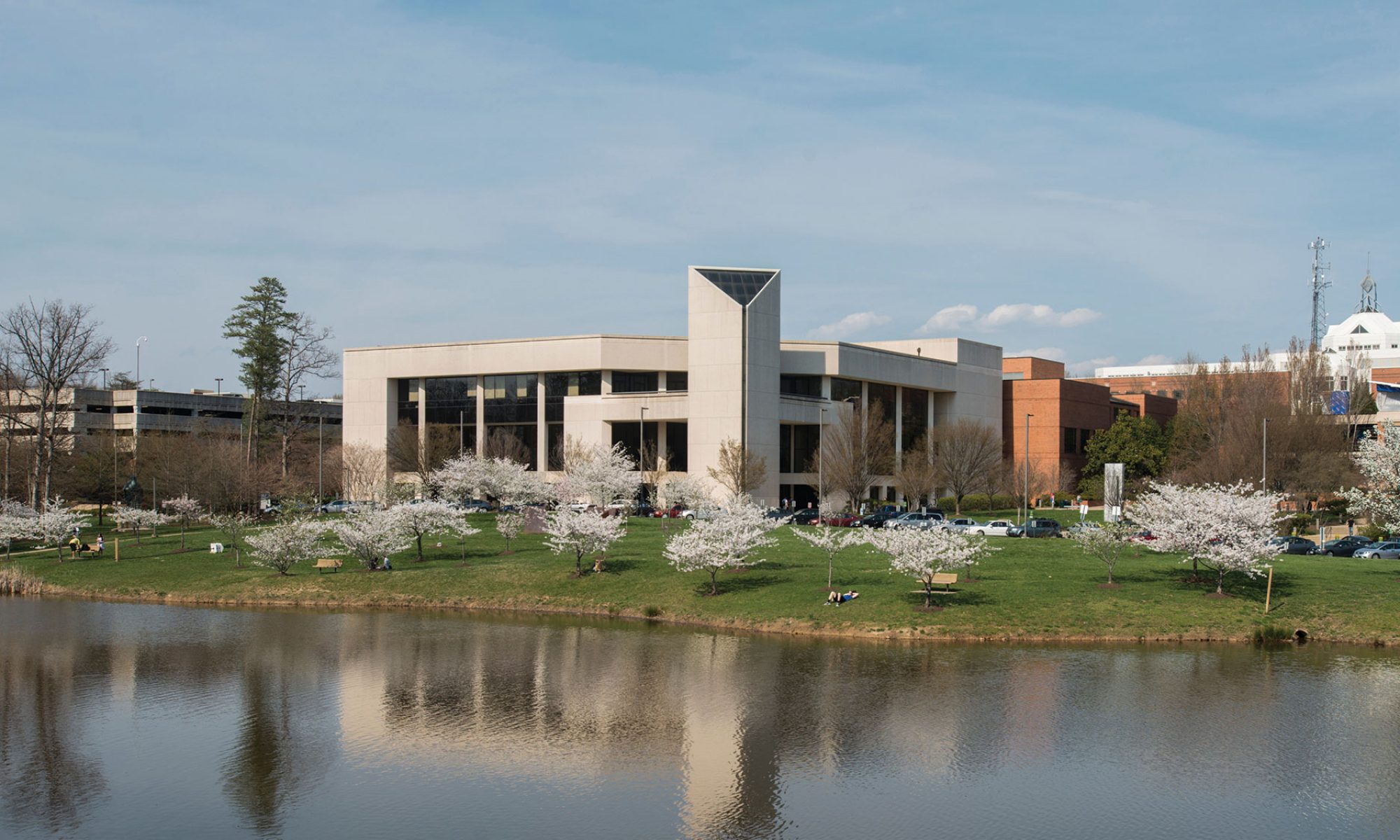Climate of Yemen can be described as subtropical dry, hot desert climate with low annual rainfall so collecting water is very important. However, the poor infrastructure can lead to dengue fever as mosquitoes gather by the water and will in turn spread dengue fever to those near the water source.
According to Shadoul et al. (2015), dengue fever occurs during seasonal patterns with high number of cases occurring between April and August. Furthermore, they also claim that “storing water in open containers in households due to water shortages and insecurity was identified as a contributing factor to this increase.” (Shadoul & Taha, 2015).
It is important to note that due to ongoing war with Saudi Arabia and the United States, there are reduced health services and a “breakdown in safe water supply and sanitation services” which has further increased the spread of dengue fever. (Shadoul & Taha, 2015)
Due to this war infrastructure is getting destroyed and people do not have a choice but to store water in their home. For example, according to a statement by UNICEF Executive Director Henrietta H. Fore in 2018, “escalation in the targeting of systems and facilities that are essential to sustaining the lives of children and families…. warehouse containing humanitarian provisions, including hygiene and water-related supplies, was hit by two air strikes.” (Fore, 2018)
Thus, we need to find a way to stop the spread of the mosquitoes rather than build better water system at a time of such great instability.
Sources:
Shadoul, A., Taha, A. (2015). Yemen Conflict Report. WHO. Retrieved from http://www.emro.who.int/images/stories/yemen/WHO_Yemen_sitrep_no8_7_June_2015.pdf
Fore, H. H. (2018). Drinking water systems under repeated continuous attack in Yemen. UN Children’s Fund. Retrieved from https://reliefweb.int/report/yemen/drinking-water-systems-under-repeated-continuous-attack-yemen-enar
